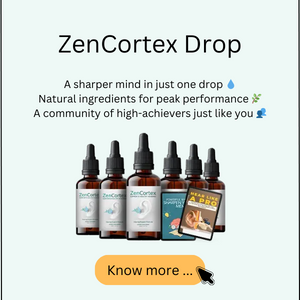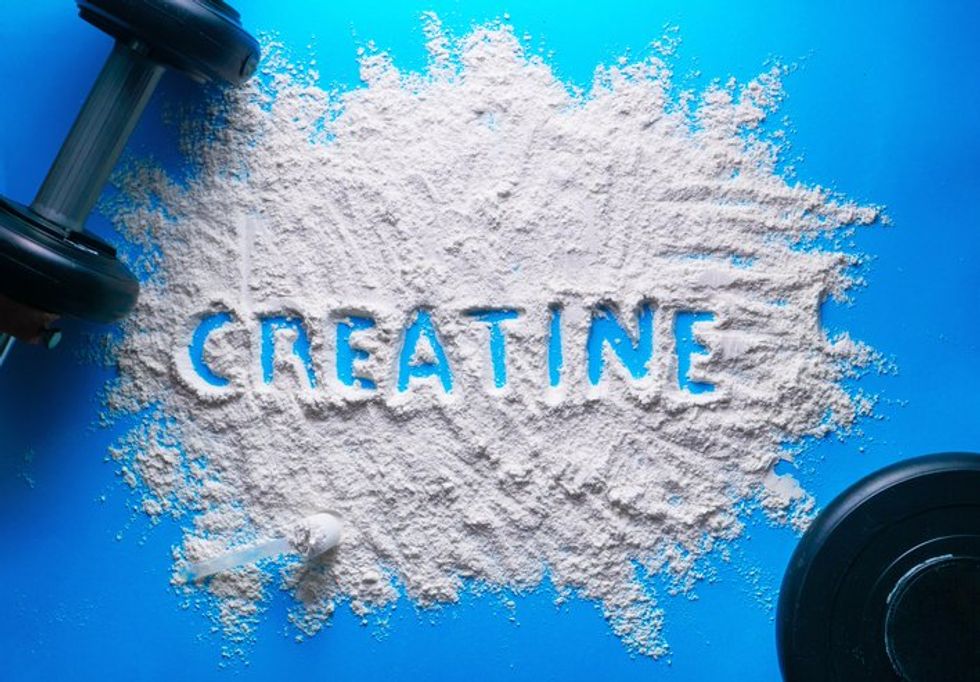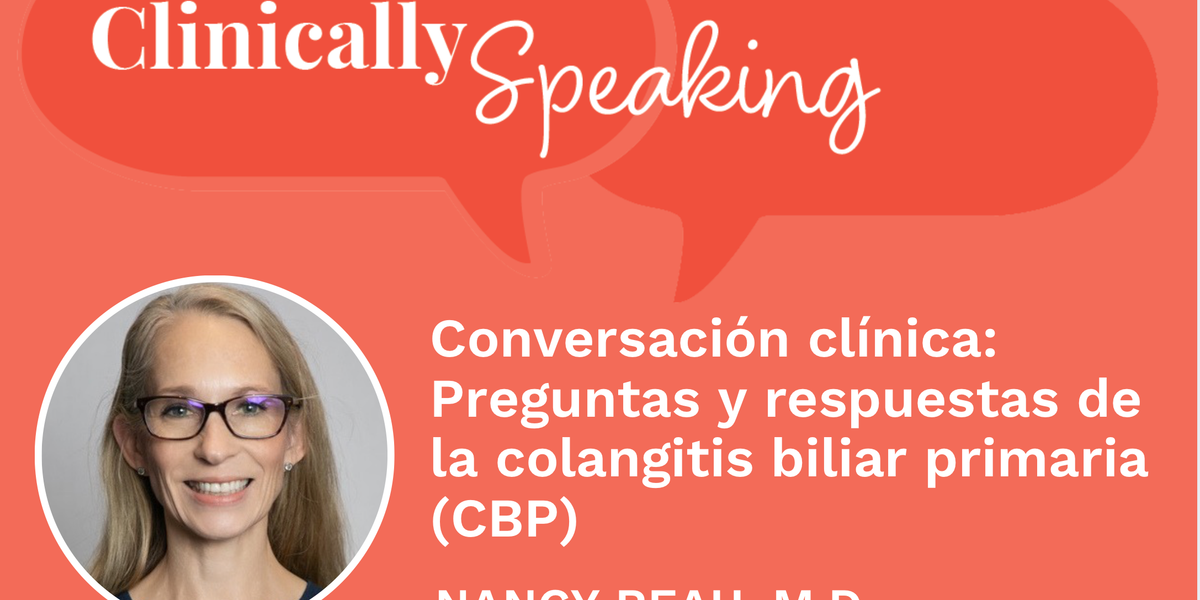Mineral absorption interactions: In foods and supplements
Minerals such as calcium, iron, magnesium, zinc, and copper are essential for bone health, oxygen transport, enzymatic function, immune defense, and cellular metabolism. Yet deficiencies are widespread in the U.S. Over 40% of individuals fall short on calcium intake, nearly 50% consume inadequate magnesium, and 14–15% experience iron deficiency. Zinc and copper are also commonly insufficient, particularly in those with restricted diets or chronic illnesses.
Supplementation is often warranted due to low intake and conditions that impair absorption. These include medications that reduce stomach acid (e.g., proton pump inhibitors), as well as celiac disease, inflammatory bowel disease, chronic kidney disease (through reduced vitamin D activation), and bariatric surgeries. While Dietary Reference Intakes (DRIs) are designed to meet nearly all individuals’ needs, and exceed what most require, deficiency correction remains a clinical priority. Notwithstanding, minerals taken in high, isolated doses, without the supportive context of whole foods, can compete with one another for absorption.
Mineral Competition and Absorption
Most minerals are absorbed in the small intestine via shared transporters, which creates competition, particularly with supplements. Calcium and iron, for instance, compete for uptake through divalent metal transporter-1 (DMT1), while high zinc intake reduces copper absorption by stimulating metallothionein, a protein that preferentially binds copper. More broadly, calcium, iron, magnesium, and zinc all compete in some manner, and zinc impairs copper absorption even at moderate supplemental levels.
Given these interactions, careful attention to how and when mineral supplements are taken is clinically justified.
How to Increase Mineral Absorption
Whole foods naturally enhance mineral absorption by providing nutrients within complex matrices of fiber, organic acids, and cofactors that help regulate uptake and reduce competition. Prioritizing nutrient-dense foods while limiting those with little nutritional value supports overall mineral uptake.
Specific nutrients also enhance mineral bioavailability. Vitamin C, for example, improves non-heme iron absorption by converting it from ferric (Fe³⁺) to the more absorbable ferrous (Fe²⁺) form. Vitamin D promotes calcium absorption by upregulating calcium-binding proteins in the gut. Meat, including poultry and fish, enhances non-heme iron absorption from plant foods, a benefit known as the “meat factor.” Organic acids from fermented foods, such as citric and lactic acid, may also enhance the absorption of magnesium and zinc.
While taking needed mineral supplements is better than not taking them, absorption can be optimized with timing. Copper is generally compatible with other minerals, but high-dose zinc (≥50 mg/day) can impair its absorption; therefore, long-term zinc supplementation may require additional copper to prevent its deficiency. Take calcium with food, but separate from iron, magnesium, and zinc. Take iron on an empty stomach or with vitamin C rich foods also separate from calcium, magnesium, and zinc. Magnesium can be taken with zinc, but not iron or calcium, preferably in the evening, as it can promote muscle relaxation, reduce nighttime cramping, and support sleep quality.
Summary and Conclusion
Minerals like calcium, iron, magnesium, zinc, and copper are essential, yet deficiencies are common in the U.S. Absorption can be impaired by medical conditions and worsened by supplement interactions. Whole foods and co-nutrients like vitamin C and D enhance absorption, while supplement timing, such as spacing out calcium, iron, and zinc, is key to maximizing effectiveness.
Partnering with a registered dietitian, especially one knowledgeable in nutrient absorption and supplement timing, can be key to safely correcting deficiencies and optimizing long-term health through personalized nutrition planning.
About the Author
Patrick Traynor, PHD, MPH, RD, CPT is a registered dietitian with an insurance-based practice, MNT Scientific, LLC in South Lake Tahoe, CA, Minden, NV, & Ashland, OR. In-office or video appointments can be requested online at MNTScientific.com or by calling (530)429-7363. Inquiries can be directed to info@mntscientific.com.
Share this article:











